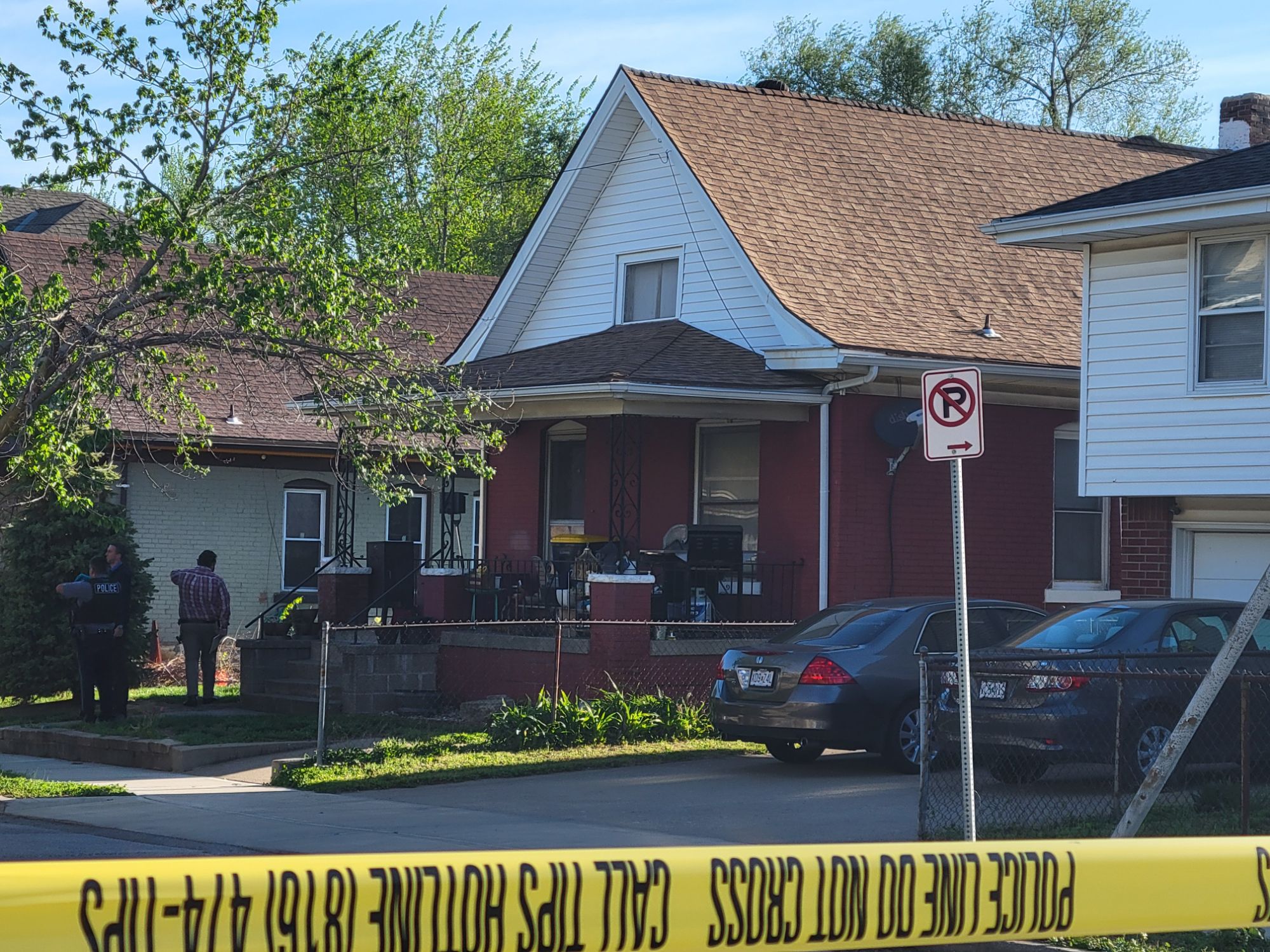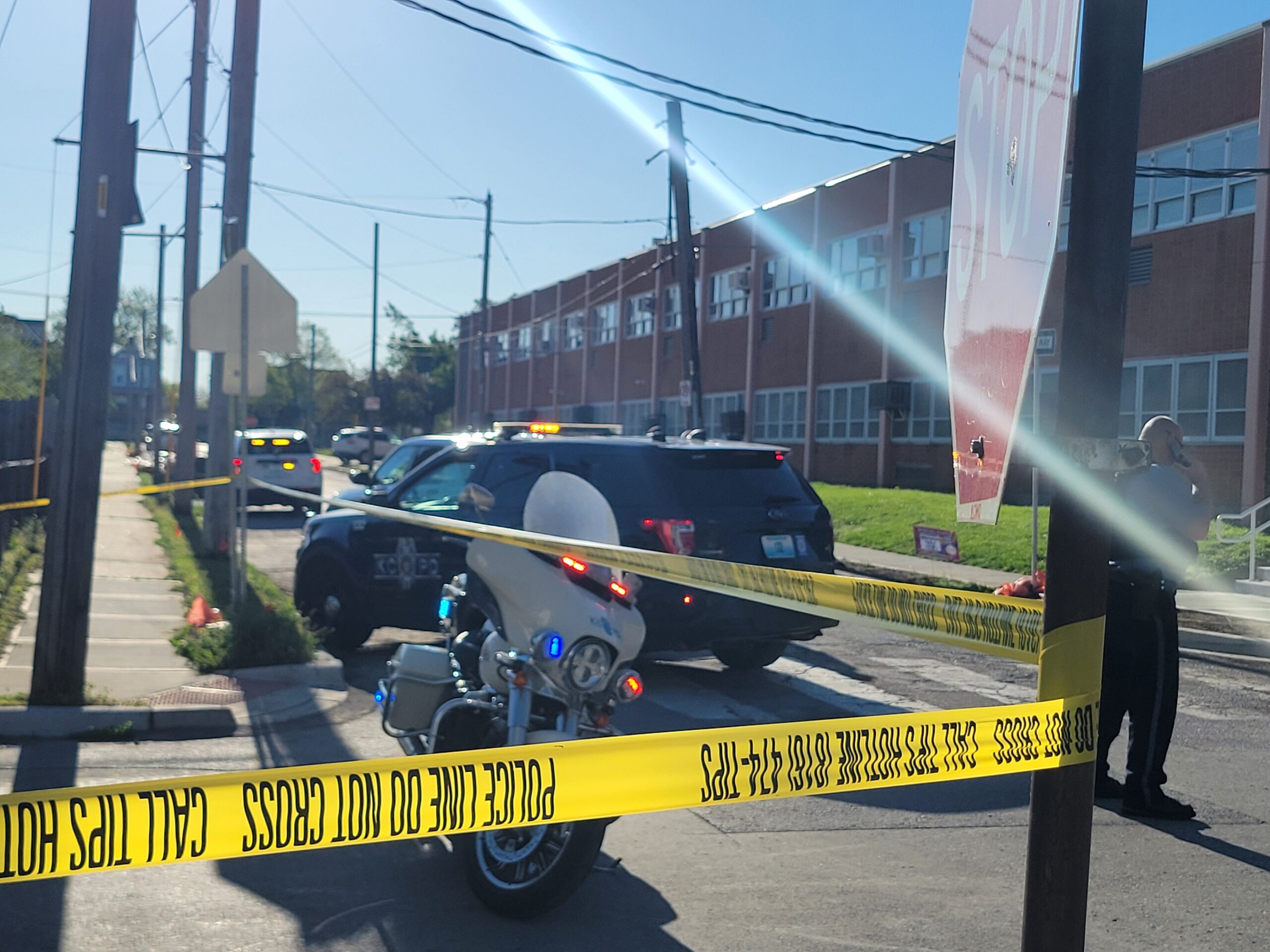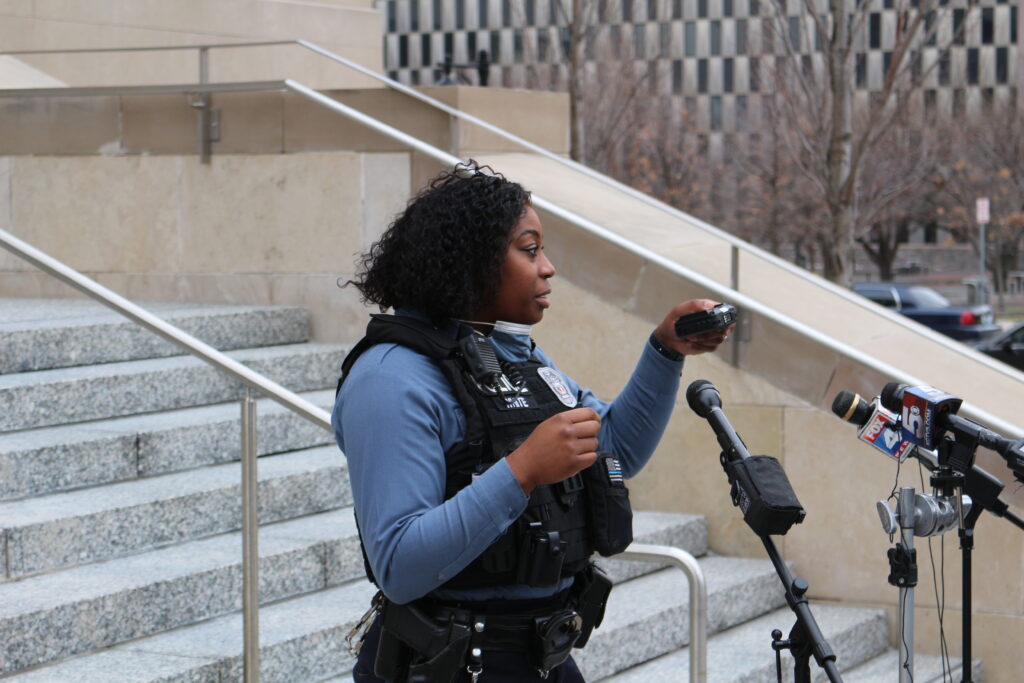
The Kansas City Police Department (KCPD) plans to order 475 additional body-worn cameras for its patrol officers, said Kansas City Police spokesman Sergeant Jacob Becchina at a Wednesday morning press conference outside of Police Headquarters.
The police department, who currently has 340 patrol officers equipped with body cameras, would be able to outfit the entirety of its patrol divisions with the 475 additional cameras. Currently, patrol officers in the Central, North and Shoal Creek are equipped with body cameras, Becchina said.
“You have that third person that’s there,” Officer Oasha White said. “Usually it’s your side, the citizen’s side, and then you have the unknown, but now that we have the body cameras there with us all the time, there won’t be that unknown.
The Board of Police Commissioners approved the order for additional body cameras at its January 12 meeting. Becchina said the plan is to equip the remaining patrol officers in the next coming months with the entirety of the patrol officers having body cameras by March.
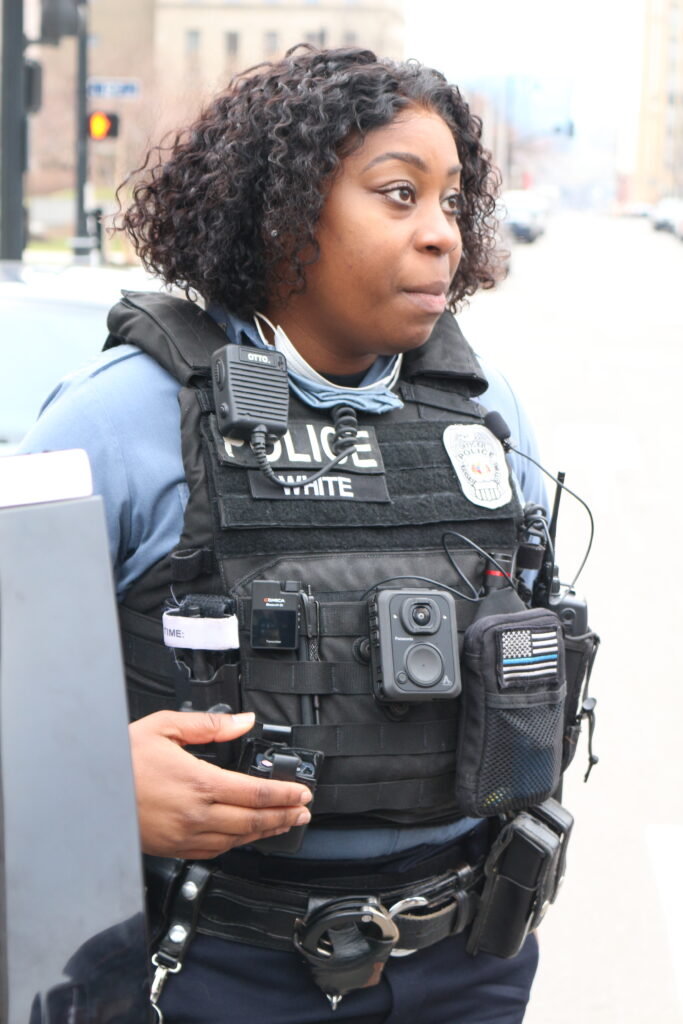
The policy for these cameras, such as what the considerations would be for releasing the videos and how the video would play into investigations, is still being drafted. Input from monthly meetings with public community groups and federal and county prosecutors is helping to decide the policy for these cameras, Becchina said.
“We didn’t want to wait for a policy,” Becchina said. “When we started getting body-worn cameras, we deployed them out into the street.”
Becchina said the goal is to have the policy presented at next month’s board meeting for their approval, although he said it may not be officially approved for a while.
“They may send it back. They may want to change it… that is very common,” Becchina said. “The good news is for years we have had dash cameras in our police cars… so we’re not reinventing the wheel here.”
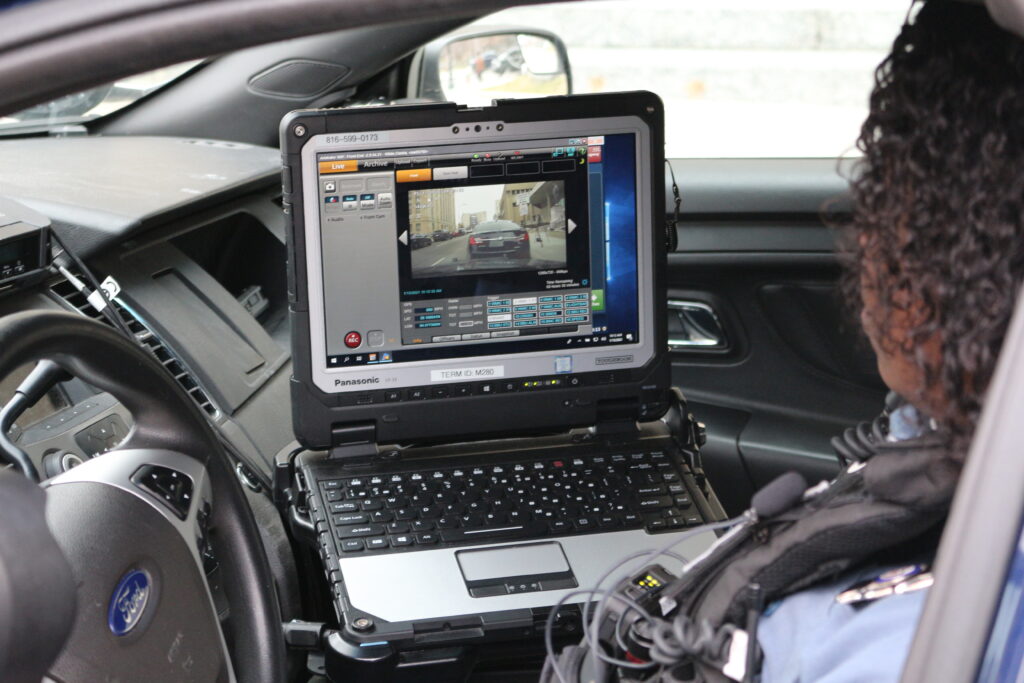
The cameras come on when the lights or sirens of a police cruiser turn on, otherwise patrol officers are responsible for turning that camera on when they have contact with a citizen or call for service, Becchina said.
The Panasonic-brand body cameras cost between $700 and $800 each. The police department currently stores one year’s worth of video, although that could be subject to change depending on how much footage is collected daily, Becchina said. Video used in an investigation is stored for as long as it is needed.
Becchina said the request for officers to have body cameras has been in the works dating back to a few years ago, but funding had been an issue.
In June, The DeBruce Foundation donated $1 million for the purchase of body cameras and raised an additional $1.5 million from community partners, business leaders and philanthropists.
“The public called for officers to have body cameras long before this summer, but especially this summer and going forward, they have called for them,” Becchina said. “We’re responsible to be accountable to the public.”
The department addressed the incorporation of body cameras after Fourth District City Council Member Eric Bunch Tweeted Tuesday, “The City has received multiple grants to purchase body cameras yet Chief Smith is still “looking into it.’”


